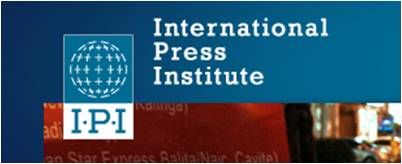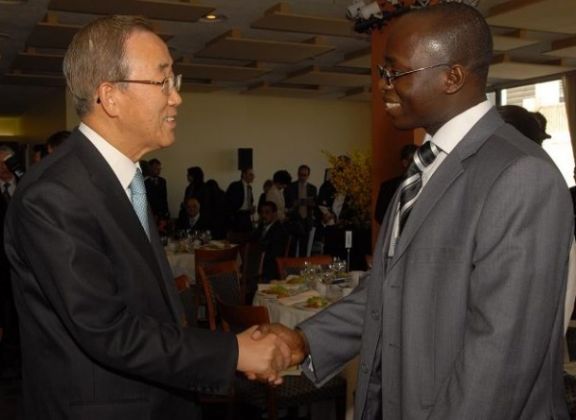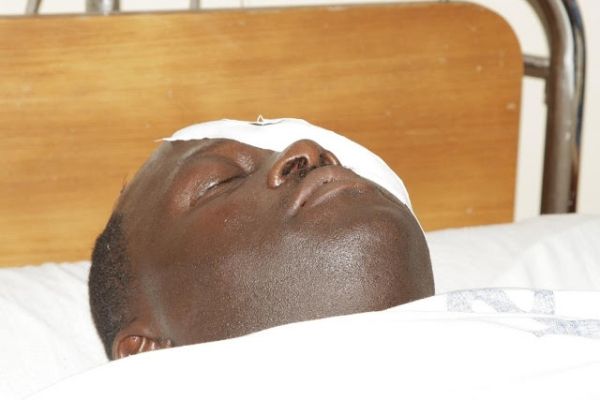2-3 May. At a time when journalists are under attack in many parts of east Africa, World Press Freedom day on 3 May will be marked in Arusha with a conference on the theme of Media Freedom for a Better Future: Shaping the post-2015 development agenda. There are three dominant themes: the role of the media in development, the safety of journalists and the rule of law; the sustainability and integrity of journalism.
Reporters Without Borders has recently described East Africa as a region of censorship and in its 2014 world freedom press index Tanzania is listed 69th on the list of 180 countries (moving up one place from 2013), Kenya at 90 (moving down 19), Uganda at 110 (down six) and Ethiopia at 143 (down six places).
The International Press Institute has also expressed its alarm at the growing intimidation against the media in Tanzania.
In the last year Tanzania's president Jakaya Kikwete, Uganda's Yoweri Museveni and Kenya's Uhuru Kenyatta have been targeting the media under the pretext of national security, especially in the light of the Westgate Mall terrorist attack in Nairobi last year. Ethiopia, which has a notoriously bad record of putting journalists in jail recently imprisoned six bloggers and three journalists just before the arrival of US foreign secretary, John Kerry, on charges of inciting violence.
In Tanzania two journalists have been killed since 2012. Two Swahili newspapers in Tanzania Mwanachi and Mtanzania were suspended from publication last September for 14 and 90 days respectively while they were investigated for what was called sedition.
Mwanachi published a story on new government pay structures based on a confidential government document. Mtanzania was accused of publishing so-called emotive stories about the government “with the intention of influencing citizens to lose conifidence in State organs”, so it was claimed “endangering the peace and cohension in the country.”
Tanzanian journalist Erick Kabendera, a winner of the David Astor award for journalism who once worked for Tanzania's Guardian newspaper but is now a freelance journalist, has been harassed over immigration and citizenship issues concerning his ties with Europe, especially newspapers he has worked for in England. This led to a public protest from Reporters without Borders to the Tanzanian minister for home affairs in 2013.
According to the Huffington Post he fell out of favour with the authorities when he testified against the media tycoon and owner of the Guardian and IPP Media, Reginald Mengi, in a libel suit Mengi brought in London (and lost) against a British lawyer and anti-corruption activist, Sarah Hermitage, who has been critical of both him, his brother and the Kikwete government in her blog.
The attack in spring 2013 on the chairman of the Tanzania Editors' Forum (TEF) Absalom Kibanda, in which he lost an eye, has also been seen as a sign of intimidation against the media critical of the Kikwete government.
The conference on media freedom is being held at the Arusha International Conference Centre.
In the 2010 general elections Arusha was a centre of opposition to the winning government party of President Kikwete.
The next general elections in Tanzania are in 2015 and before then the country should have a new constitution.


















